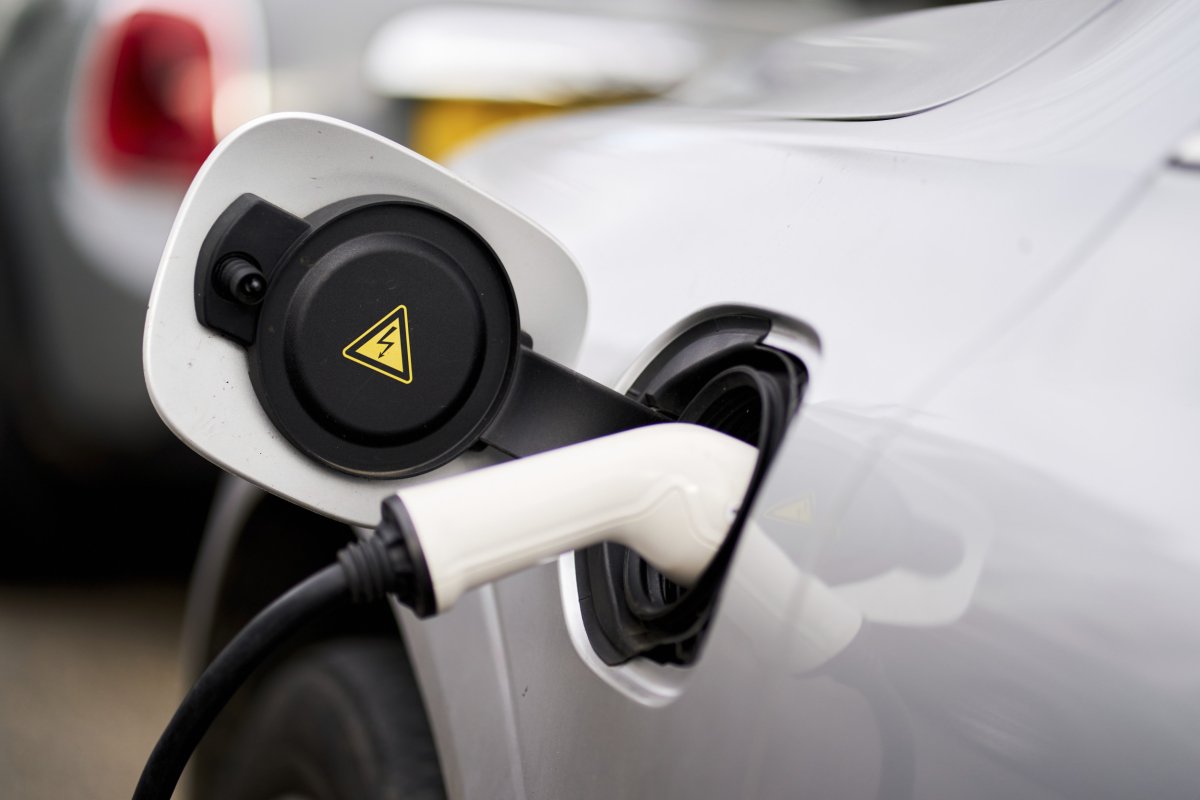Since the days of Jack Kerouac, driving has been synonymous with a deep love for the open road. But that love affair is about to hit a speed bump.
Ford Motor Company is just one of many automakers advancing technology that weaponizes cars for mass surveillance. The freedom-loving company is currently pursuing a patent for technology that would allow vehicles to monitor the speed of nearby cars, capture images, and transmit data to law enforcement agencies. This would effectively turn vehicles into mobile surveillance units, sharing detailed information with both police and insurance companies. A Ford spokesperson said the patent is intended to be used by law enforcement only.
Ford’s initiative is part of a broader trend among car manufacturers, where vehicles are increasingly used to spy on drivers and harvest data. In today’s world, a smartphone can produce up to 3 gigabytes of data per hour, but recently manufactured cars can churn out up to 25 gigabytes per hour—and the cars of the future will generate even more. These vehicles now gather biometric data such as voice, iris, retina, and fingerprint recognition. In 2022, Hyundai patented eye-scanning technology to replace car keys.
This data isn’t just stored locally; much of it is uploaded to the cloud, a system that has proven time and again to be incredibly vulnerable. Toyota recently announced that a significant amount of customer information was stolen and posted on a popular hacking site.

An electric car plugged into an EV charging point is seen.
Press Association via AP Images
The U.S. government is also eager to join the effort. As 2023 came to a close, the National Highway Traffic Safety Administration (NHTSA) initiated the process of mandating anti-drunk driving technology in all new vehicles, with plans to release its final regulation before the year’s end. This initiative, rooted in the Bipartisan Infrastructure Law of 2021, largely flew under the radar when the legislation was first introduced.
If implemented, this technology could remotely stop vehicles in high-risk situations, like when drivers flee from law enforcement. Proponents claim it would save lives by preventing deadly high-speed chases. Organizations like Mothers Against Drunk Driving (MADD) champion similar technology, viewing it as a vital tool in the fight against drunk driving. Its members envision a world where such tragedies no longer exist. “Imagine a world without drunk driving,” they said. It sounds ideal—but at what cost? A world where all drivers, not just the intoxicated, must sacrifice their privacy and autonomy. Is that price really worth paying?
I ask this because the reality of this technology’s implications extends far beyond its intended purpose. Imagine a scenario where hackers gain control of your car. As cybersecurity threats become more advanced, the possibility of a widespread attack is not far-fetched. A malicious hacker could disable vehicles en masse, causing chaos and endangering lives. Such an attack would likely cripple transportation networks, disrupt emergency services, and put millions at risk.
The government’s potential control over vehicles—all in the name of safety—poses significant privacy and freedom concerns. Remote vehicle shutdowns could be misused, leading to situations where vehicles are disabled without due process or in violation of individual rights. This power has the potential for political abuse or suppression of dissent, making the concept of remotely controlled cars by a government deeply troubling in a democratic society. To compound matters, in California, digital license plates are already being implemented despite resistance from various advocacy groups. There’s even a legislative push to incorporate GPS location tracking into these devices, essentially turning cars into roving surveillance devices.
If we continue down this road, the future will only grow darker. After all, electric vehicles (EVs) are the ultimate realization of the digital device on wheels. They’re not just modes of transportation; they are computers on wheels, collecting, processing, and transmitting vast amounts of data every second. They are constantly connected and constantly monitored.
As EVs become the standard, the data they generate will only multiply, and so will the risks. It’s impossible to discuss EVs without mentioning Elon Musk, who, despite being hailed as a “savior” of freedom, is making cars increasingly invasive. Tesla‘s CEO envisions transforming vehicles into “living rooms on wheels,” where the focus shifts from driving to activities like watching TV or playing video games. In 2022, Tesla announced plans to integrate Valve’s Steam, a digital distribution platform, into its cars, offering over 50,000 video games. While gaming can be fun, it’s important to recognize the growing role of video games in collecting vast amounts of personal data from unsuspecting users. With the rise of wearable technology, such as virtual reality headsets and haptic gloves, data collection within gaming has intensified.
As we move into this eerie, post-Kerouac world, the car that once symbolized freedom and independence is being transformed into a tool of control and coercion. Big Brother isn’t just watching—he’s listening, recording, and has his hands firmly placed on the steering wheel.
John Mac Ghlionn writes about social issues, technology, and the impact of media manipulation. Follow him at @ghlionn.
The views expressed in this article are the writer’s own.



